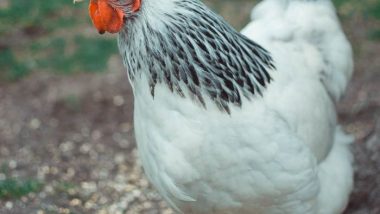Of course, you want the chickens you are raising to be healthy. But unlike dogs and cats, which are more hardy creatures, chickens are slightly more susceptible to diseases and parasite problems. Being birds, they may also die faster, if the problem is not treated quickly.
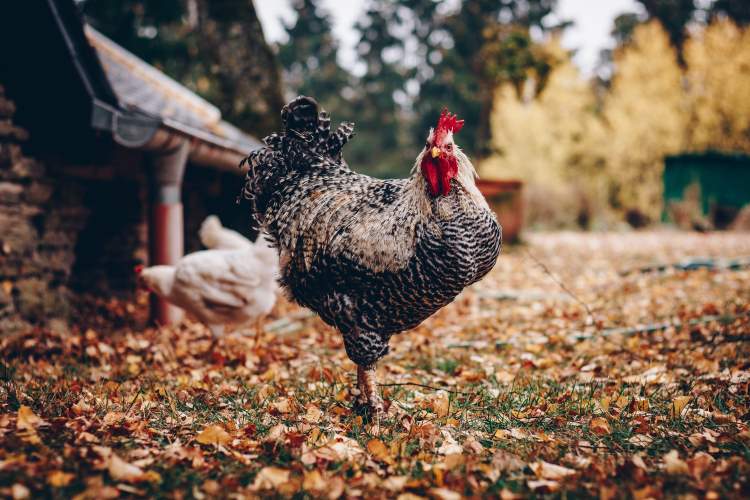
Before even going into the diseases, the most important thing anybody trying to raise chickens should do is to observe their chickens closely on a daily basis. You must know how your chickens behave when they are not under stress and are healthy. Only then will you know if your chicken is unhealthy because its behavior will be different.
Signs of a Problem
A bird that is sick will often display signs of weakness and they may not eat their feed eagerly. The droppings may be green or bloody. The wings and tail may droop and the bird will not move around much. All these are signs that something is wrong and you should quickly enlist the aid of a qualified veterinarian.
Parasites
There are a variety of parasites that may be all over your chicken. Lice, poultry ticks, stick fast fleas, mites and ticks are all quite common. These kinds of parasites generally cause signs such as feather damage, anemia, and irritation, but they can also carry severe, life threatening diseases such as tick fever.
The best way to avoid the infestation of these parasites to constantly make sure that the chickens are kept in sanitary surroundings.
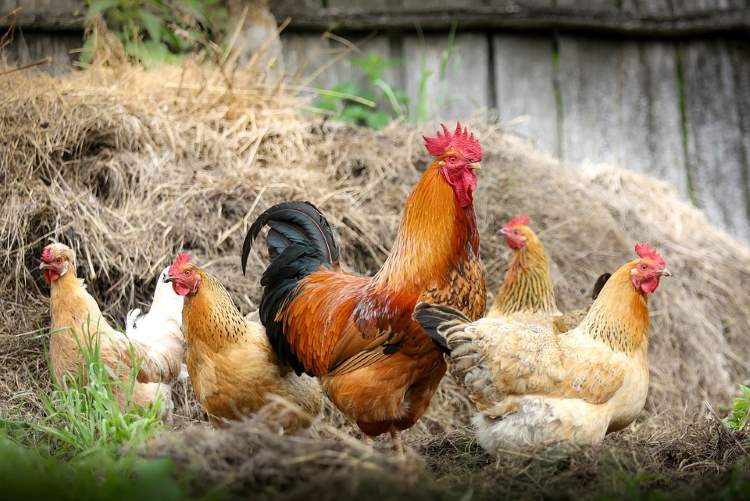
That being said, chickens are not exactly the cleanest of creatures and despite your best efforts, they may still have parasites. In these cases, you will need to consult your vet for possible treatment options.
Worms
Your chickens may also have worms. Signs of worms may include weight loss, pale combs or diarrhea. Though not usually life-threatening, you may want to ask your vet for possible solutions. The vet will determine the type of worm by looking at the chicken’s feces under a microscope, and will likely prescribe some type of drug treatment. In this case, the eggs (and meat) from from the treated chicken should be discarded for a period of time after the drug has been used. The vet can inform you of the time required, or you can check the label of the medication.
Viral Diseases
Your chickens may also contract viral diseases such as fowl pox or avian flu. All these require professional help. In fact, the moment one chicken shows signs that it is not well, your first action should be to isolate it, to prevent the other chickens from getting infected. Then, get professional help.
Speed is essential. If it takes you too long to discover something is wrong, you may end up with a situation where the disease has spread to all your chickens and you may have to cull them all if treatment is not possible. Depending on the scale of your operation, this could either mean heartache or massive financial losses.
So… It pays to be alert to all the signs of diseases that your chickens may face.
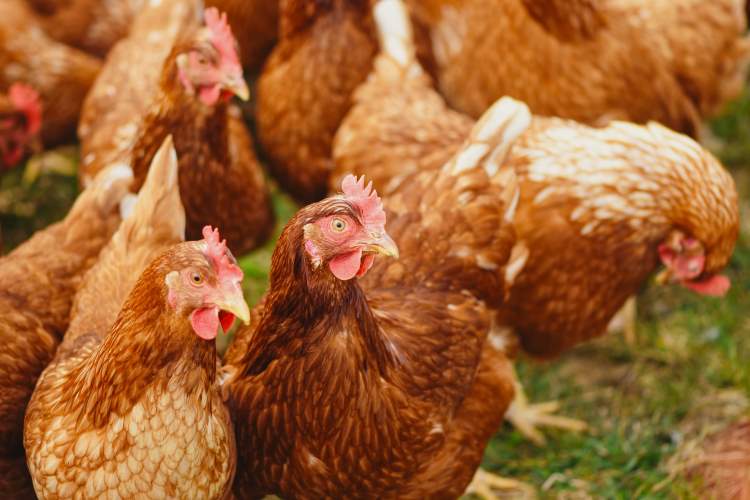
Bully Pecking
There are other problems that chickens may develop. Some chickens may enjoy pecking other chickens. This may cause stress to the other chickens. Your best course of action will be to isolate the ‘bully’ from the rest and you could either raise it separately, sell it or serve it for dinner.
Molting May Alarm You
Molting is another process that scares inexperienced chicken farmers. Every year for about 2 to 3 months, your chickens will shed their feathers so that new ones can grow. This may take place twice a year. During this time, your chickens may not be a pretty sight, but rest assured that all is well and it’s a natural process.
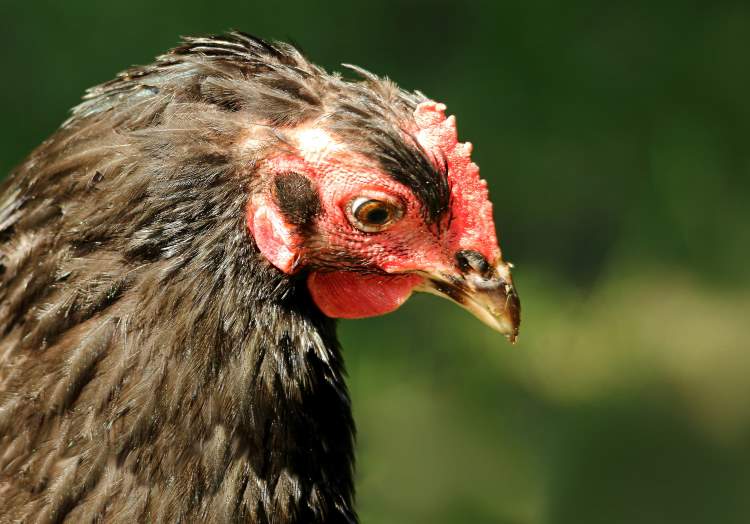
This chicken is molting
These are just a few of the issues your chickens may face. There are many more not covered in this article. You’d be wise to do your due diligence and learn as much as you can about this so that you will be prepared for any health situation that may occur with your chickens.
